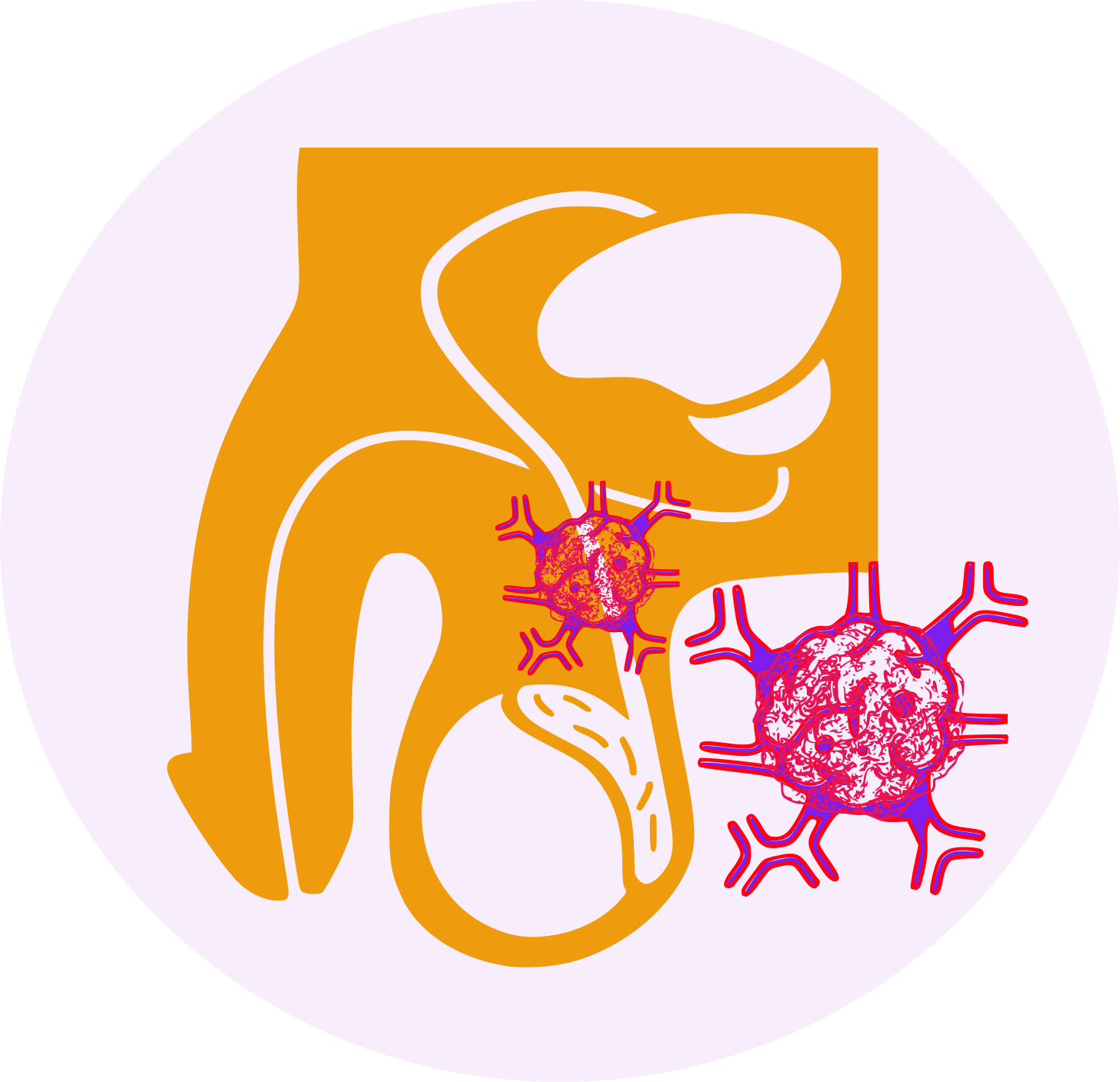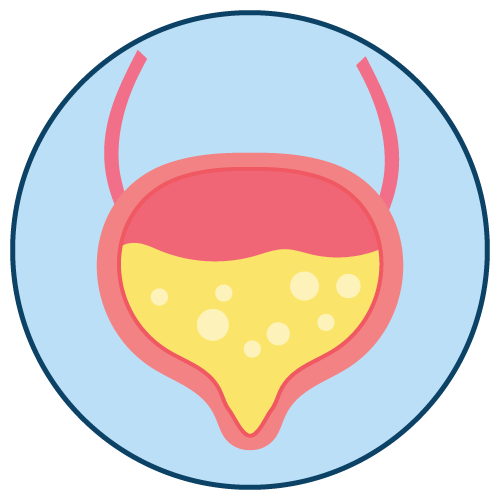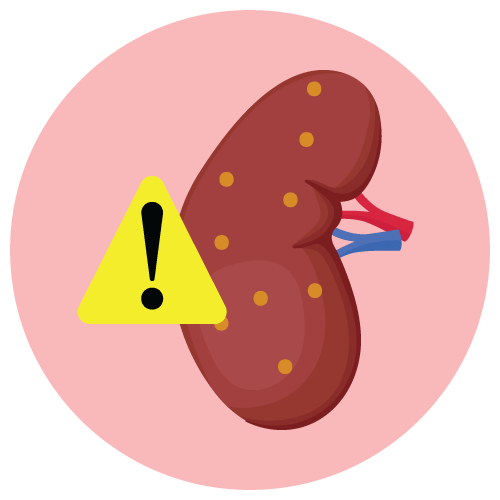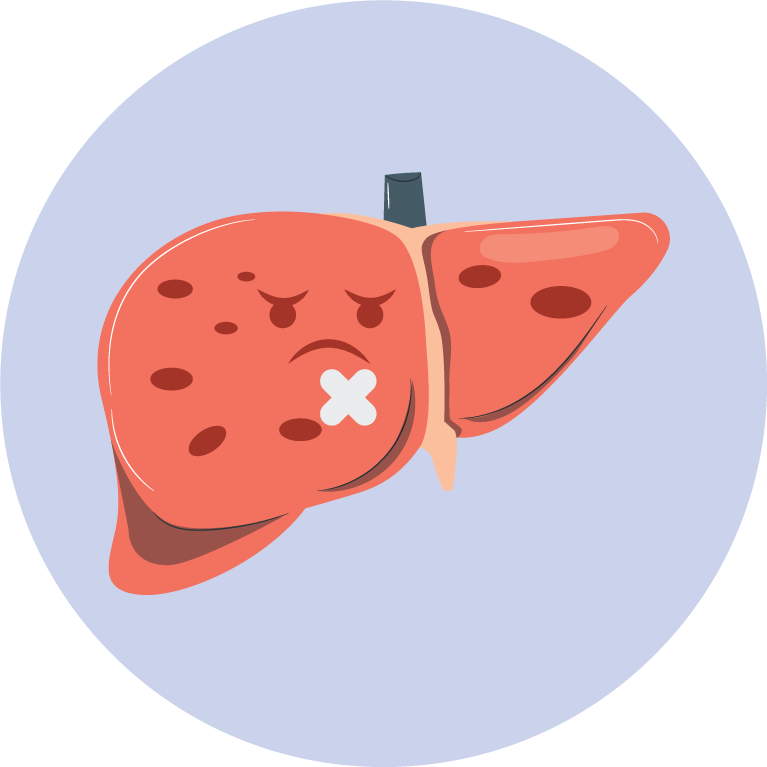| Name | Silodosin |
| Classes |
Cardiovascular Agent Antihypertensive Alpha Adrenoreceptor Blocker |
| Diseases |
Enlarged Prostate Genito-Urinary Disease Poor Urination |
Silodosin
Silodosin belongs to the class of drugs known as selective alpha-1 adrenergic receptor antagonists. Silodosin works by blocking the alpha-1 adrenergic receptors in the smooth muscle of the prostate gland, bladder neck, and urethra. This leads to relaxation of these muscles, improving urine flow and reducing symptoms of benign prostatic hyperplasia (BPH).
- Silodosin is indicated for the treatment of the signs and symptoms of benign prostatic hyperplasia (BPH).
- It helps to improve urinary flow and relieve symptoms such as hesitancy, weak stream, and incomplete emptying of the bladder.
- The dosage of Silodosin should be individualized based on the patient's age, medical condition, and response to therapy.
- The recommended dose for adults is usually 8 mg orally once daily with a meal.
- 4 mg capsules taken orally once daily with a meal for those with moderate renal impairment [Creatinine Clearance (CCr) 30-50 mL/min]
- Silodosin should be taken at the same time each day to maintain a consistent level of the drug in the body.
Adverse reactions to Silodosin may include:
- Retrograde ejaculation (semen going into the bladder instead of out of the penis)
- Dizziness or lightheadedness
- Headache
- Runny or stuffy nose
- Diarrhea
- Abnormal ejaculation (decreased semen volume)
- Decreased blood pressure leading to orthostatic hypotension (feeling dizzy or lightheaded when standing up)
- Silodosin may cause a condition known as retrograde ejaculation, where semen goes into the bladder instead of being ejaculated. While this is not harmful, patients should be informed about this potential side effect.
- The drug may cause dizziness or lightheadedness, especially when getting up from a sitting or lying position. Patients should be advised to rise slowly to minimize this effect.
- Silodosin may interact with other medications, especially those that lower blood pressure, leading to increased hypotensive effects. Therefore, it is essential to inform the healthcare provider about all other medications being taken.
- Caution should be exercised in patients with severe liver or kidney impairment, as dosage adjustments may be necessary.
Contraindication
- Silodosin is contraindicated in patients with a known hypersensitivity to silodosin or any other component of the formulation.
- It should not be used in combination with strong CYP3A4 inhibitors (e.g., ketoconazole, ritonavir) as it may lead to increased exposure to silodosin.
None known.
- Patients with severe renal impairment [Creatinine Clearance (CCr < 30 mL/min)].
- Patients with severe hepatic impairment (Child-Pugh score > 10).
 Bangla
Bangla English
English






